Description
White willow bark has been used therapeutically for thousands of years. Hippocrates, the father of modern medicine, advised his patients to chew on the bark to reduce inflammation and fight off infection. Many herbalists continue to use white willow bark to treat painful inflammatory conditions.
White willow bark reduces pain levels: The most common usage of white willow bark is for the relief of headaches, back pain and joint pain. It is quite effective at helping individuals manage acute and chronic inflammatory joint conditions such as osteoarthritis. It is also great at helping to reduce menstrual cramping, and herbalists recommend that women begin taking it a week or two before the start of menses so that it is effective during the pre-menstrual cycle.
The bark of the white willow tree contains salicin, which is a chemical very similar to acetylsalicylic acid, otherwise known as aspirin. The salicin and the antioxidant flavonoids found in the bark are thought to be the major contributors to the pain-relieving effects of the herb. White willow bark’s pain-relieving effect is slower but more long-lasting than aspirin.
Aspirin is a synthetic form of phenolic glycoside, while white willow bark is a natural form. The salicin in white willow is thought by most to be much safer and less toxic while still having the same anti-inflammatory and blood-thinning benefits of aspirin. Both aspirin and white willow bark inhibit the inflammatory prostaglandins. Prostaglandins are hormone-like compounds in the body that are associated with joint pain and menstrual cramping.
White willow bark and the immune system: White willow bark acts as a powerful antimicrobial and is often used to improve acne and other skin infections and irritations. The antioxidants and salicylic acid are nature’s way of preventing bacterial and fungal infections in the tree, and they provide the same benefit when humans apply them internally or externally.
Some natural health practitioners have labeled white willow bark as a selective Th2-stimulating agent. Although this has yet to be proven through research, there are various case studies indicating that white willow bark may have this effect. This herb would be very helpful for individuals with Th1 dominance, as it will help balance out the immune system.
It is advisable for individuals with Th2-dominant conditions to do a supplement challenge where they intentionally see how their body responds to pine bark extract or another Th2-stimulating compound before they use it without discretion. If it is shown through a cytokine blood test or through a supplement challenge that they have a Th2 dominance, it is best to avoid white willow bark.
Precautions and contraindications: Contraindications for using white willow bark revolve around the salicin content. Individuals who are allergic or sensitive to aspirin should avoid willow bark. Many doctors believe that individuals with asthma, diabetes, gout, gastritis, hemophilia and stomach ulcers should avoid the use of willow bark. Individuals taking other non-steroidal, anti-inflammatory drugs, diuretics or heart medications should consult a physician before taking white willow bark.
Pregnant women and children should avoid the use of white willow bark as well. Potential side effects are mild and typically do not occur. The most common issues associated with salicylates include an upset stomach, ulcers, vomiting and stomach bleeding.
Dosage: Take 15-30 drops in juice or water 2-3 times a day.

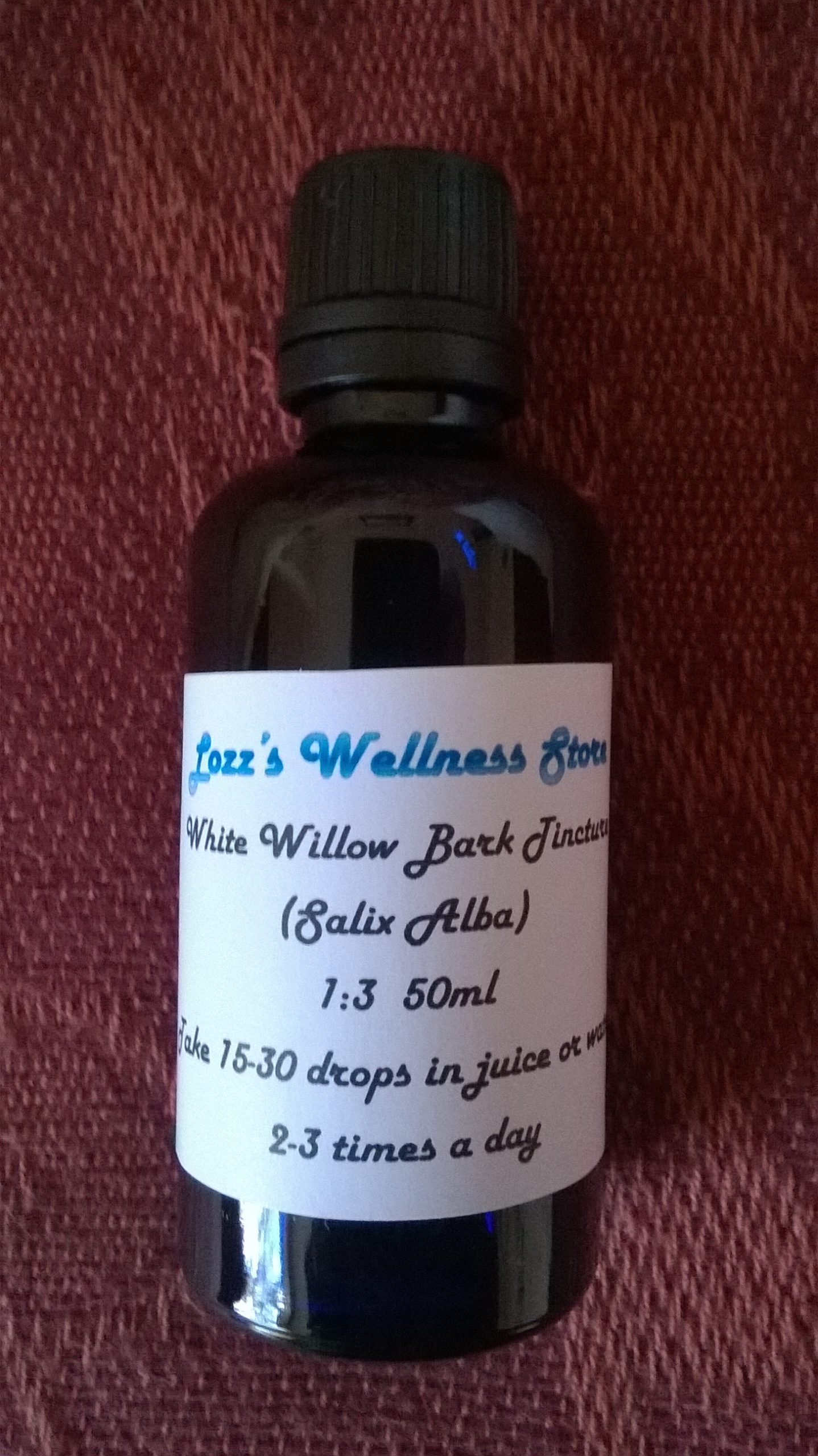
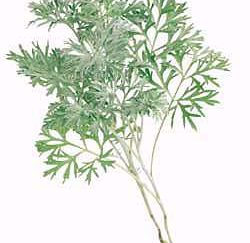
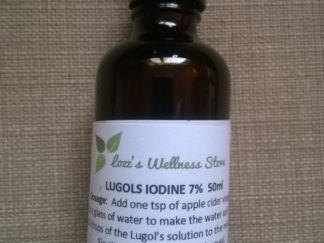
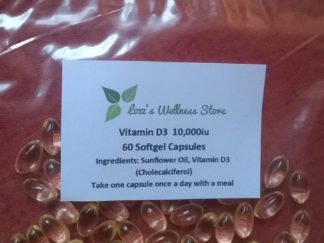
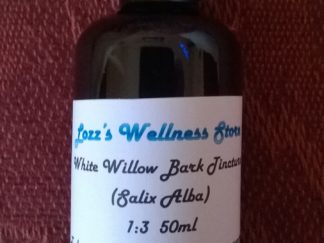
Simon (verified owner) –
Used this to cope with whiplash pain after a car crash in 2015. Helped a lot. and it’s natural